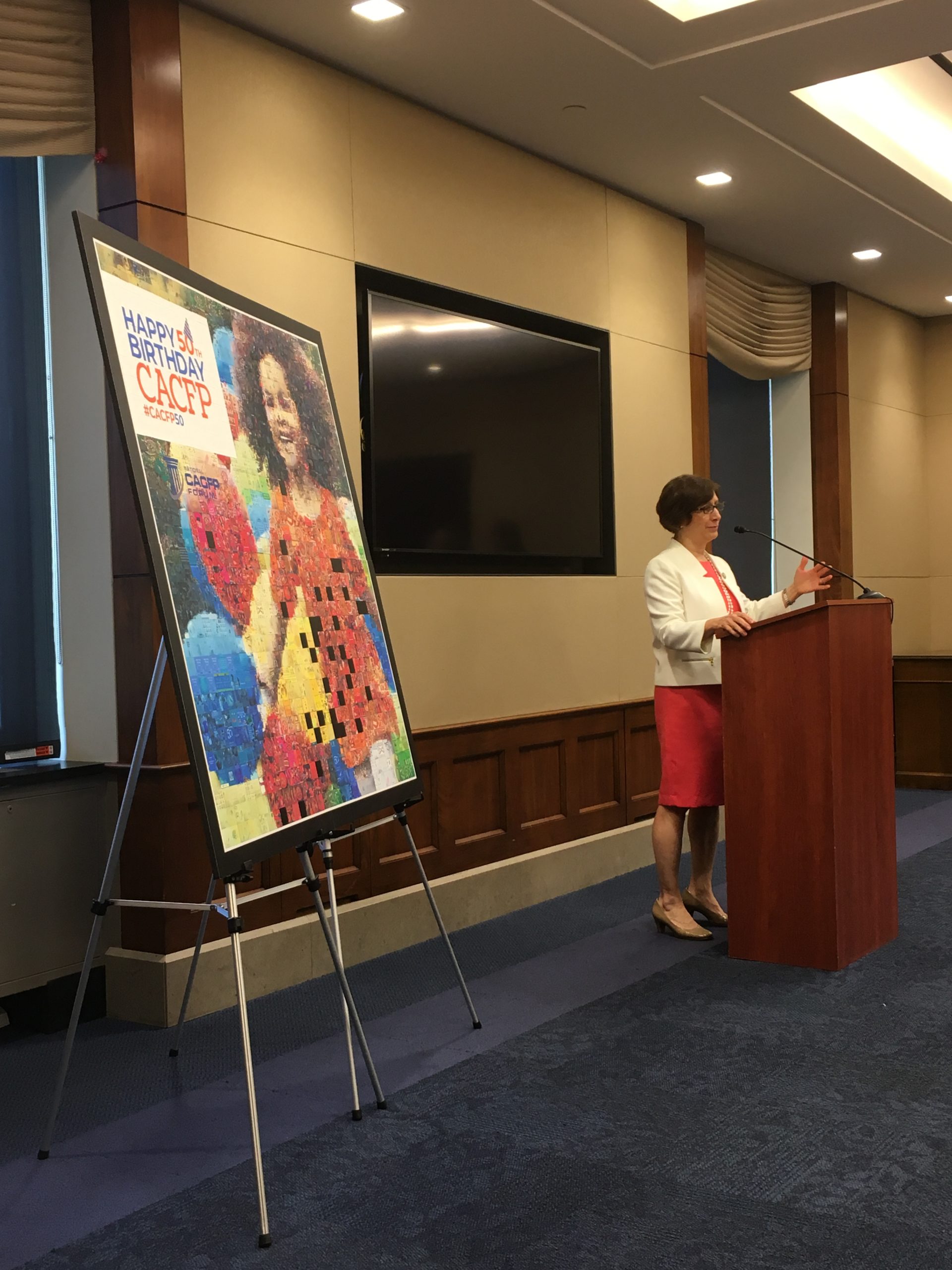Abortion rights, women of color, and LGBTQIA+ people are under attack. Pledge to join us in fighting for gender justice.
As Farm Bill Expiration Approaches, NWLC & FRAC Release New Resource on Importance of SNAP for Women and Families
Washington, DC – The National Women’s Law Center and Food Research & Action Center (FRAC) released an issue brief outlining the importance of Supplemental Nutrition Assistance Program (SNAP) for women and families.
This brief comes as Congressional Republicans, including Senate Agriculture Committee Ranking Member John Boozman (R-AR) and House Committee on Agriculture Chairman GT Thompson (R-PA), are trying to pass a Farm Bill that seeks to cut nearly $30 billion from SNAP benefits over the next decade. The current Farm Bill expires on September 30.
“Our issue brief highlights SNAP’s importance to the economic security and wellbeing of women, children, and families, especially those facing multiple forms of discrimination. Given its importance to women and families, we are appalled by Congressional Republicans’ proposed cuts to SNAP. Our analysis underscores that Congress must improve and strengthen SNAP, not make harmful cuts,” said Amy Matsui, Senior Director of Income Security at the National Women’s Law Center.
“SNAP is critical to the health and well-being of women, children, and families, yet some lawmakers seek to weaken it,” said Salaam Bhatti, FRAC SNAP Director. “The Farm Bill should be an opportunity for Congress to tackle food insecurity and hunger, especially as many women in America face disproportionate rates of hunger and poverty. We urge Congress to think of the millions of women and individuals who rely on SNAP to put food on the table and pass a Farm Bill that protects and strengthens SNAP.”
The “Gender and Racial Justice in SNAP” issue brief can be read here. The two-pager summary can be read here.
This new resource includes compelling statistics regarding the demographic breakdown of SNAP recipients and how access to SNAP improves recipients’ health and education outcomes.
- Women made up more than half of non-elderly adult SNAP recipients in 2022.
- In 2022, about one in three non-elderly adult SNAP recipients was a woman of color.
- More than half of SNAP households with children were headed by a single adult.
The issue brief also details barriers that prevent women experiencing food insecurity, especially those facing multiple forms of discrimination, from fully accessing and benefiting from SNAP, as well as policy recommendations to help lawmakers improve this critical program.
###




